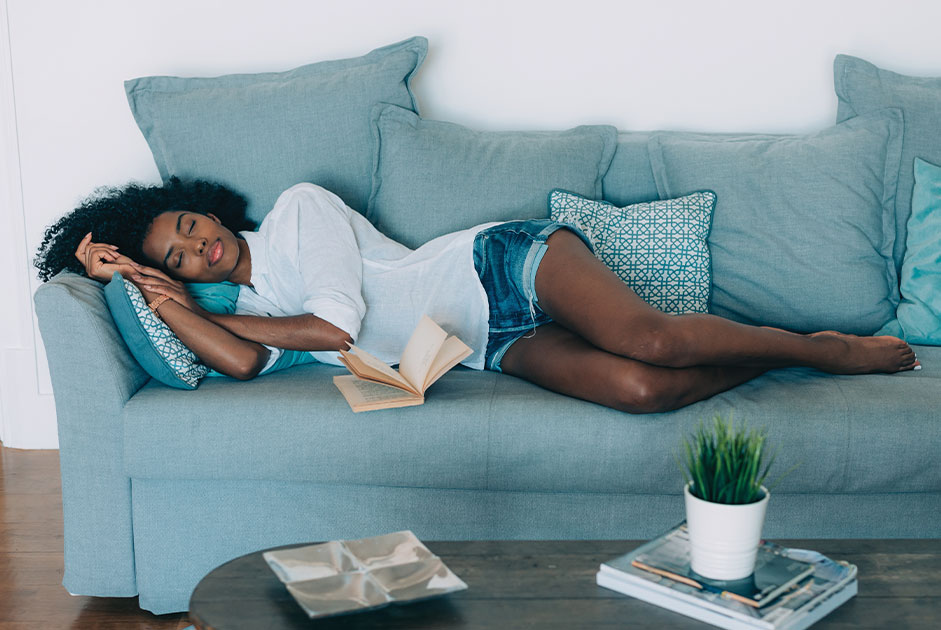For the longest time, I was an adamant anti-napper. In my naïve arrogance, I thought “Who has time for such a thing? Napping is for babies, preschoolers and seriously old folks, right?” Conversations in my house would go something like this:
“Why don’t you take a nap?”
“Why would I waste time like that?”
“Because napping is good for you, that’s why.” Blah, blah, blah.
It took every ounce of self-control to refrain from giving my well-intentioned husband the infamous eye roll response.
But now I know better, humbled by yet another experience from the ever-lengthening “never say never” book of life. It’s funny how things change. You know, not ha-ha, hilarious funny, but curious and fascinating. These days, I can get a little pesky if I somehow don’t manage to squeeze in even a brief daily nap. Besides the fact that it leaves me more refreshed and alert, it turns out that napping is indeed “good for you.” From the Mayo Clinic to Heart.org and the illustrious NASA, there is significant support for napping. For just about everyone, at any age.
Napping: The “good for you” snooze
Here’s what the research says:
Reduce Fatigue
However you spend your time, if you are simply feeling sleepy, you can take the edge off by hitting the pillow and recharging before getting back to your activities for the day.
Alertness
Studies suggest that a ten to twenty – or even 30 – minute “power nap” promotes alertness. A nap of a mere six minutes can reduce fatigue and support the ability to learn. For those of us with late afternoon Zoom calls with our work-from-home co-workers, that brief nap isn’t like “playing hooky”; it’s an investment! Now read on…
Performance
Even a short snooze helps with memory consolidation, contributes to the ability to perform and produce, and increases reaction time. Meaning that “morning folks” like me, should be just as snappy on those late in the day calls as our night owl colleagues.
Mood
No longer working? Have the day off? A nap may still be a good idea because it can reduce stress, take the edge off irritability, and make us better able to deal with frustration. Now tell me this doesn’t apply to a cranky three-year-old just as much as it does to a fast track 33-year-old and all of us beyond?
Lower Blood Pressure
If you are prone to hypertension, a nap is likely to lower your BP reading. While the improvement is temporary, it’s still a good thing.
Self Care
A nap can be your way of demonstrating the all-important “I matter.” And when you take that type of action, you model positive self-care for others in your home and in your life.
But is there a downside?
As with most things that are “good for you” there are a few potential downsides:
- After napping, you might feel groggy and have a hard time kicking back into gear
- Napping might also interfere with nighttime sleep if you suffer from insomnia and take late in the day or very long naps
- Napping may also be a band aid tactic if you have an undiagnosed, underlying condition that is causing daytime sleepiness
- Napping can become a regular form of escape from the challenges of life and take the place of getting help
As a former anti-napper, I have developed my own set of “best practices” to support my newfound fondness for napping. Be sure to read: “The Best Napping How To’s” in next month’s issue of Forsyth Woman.



















